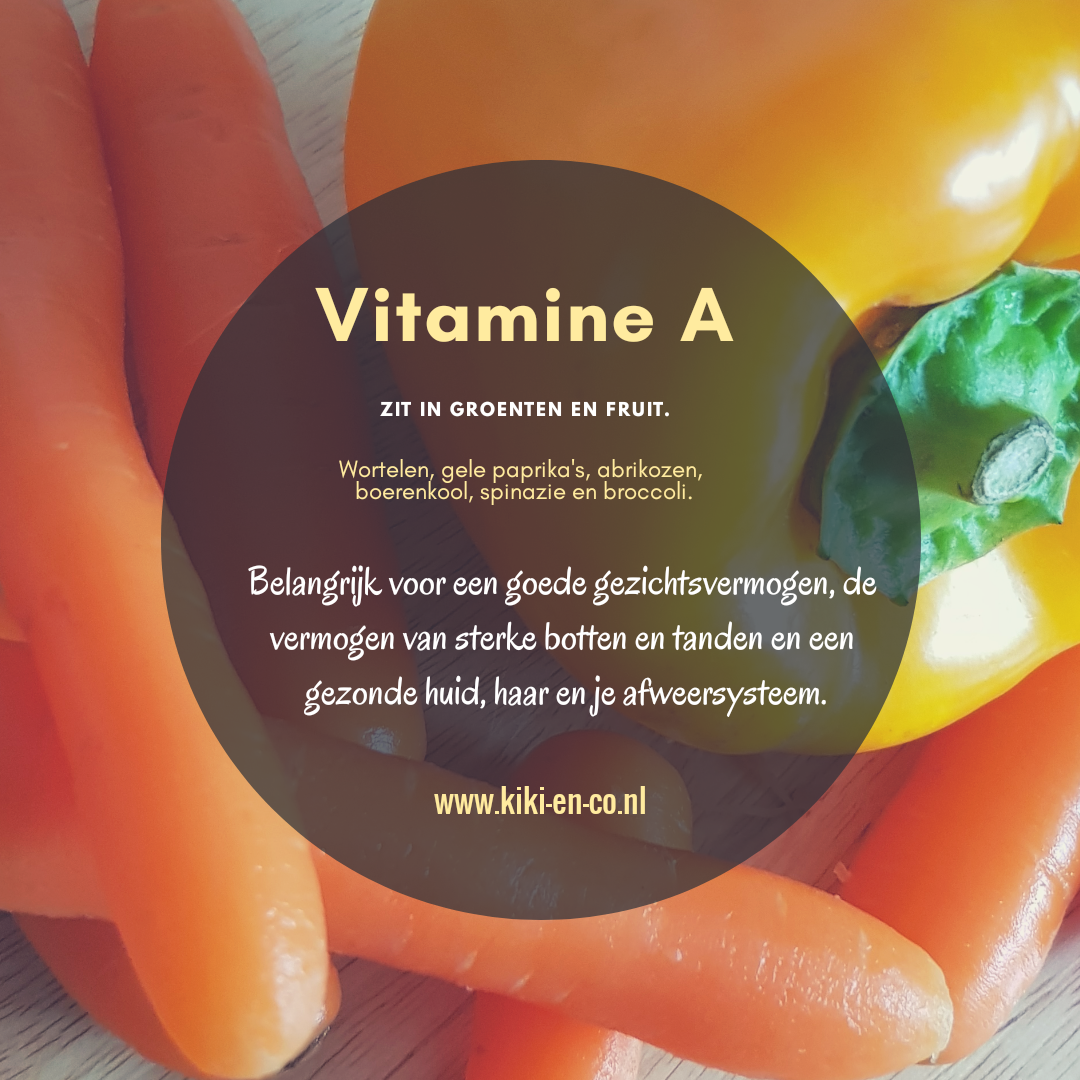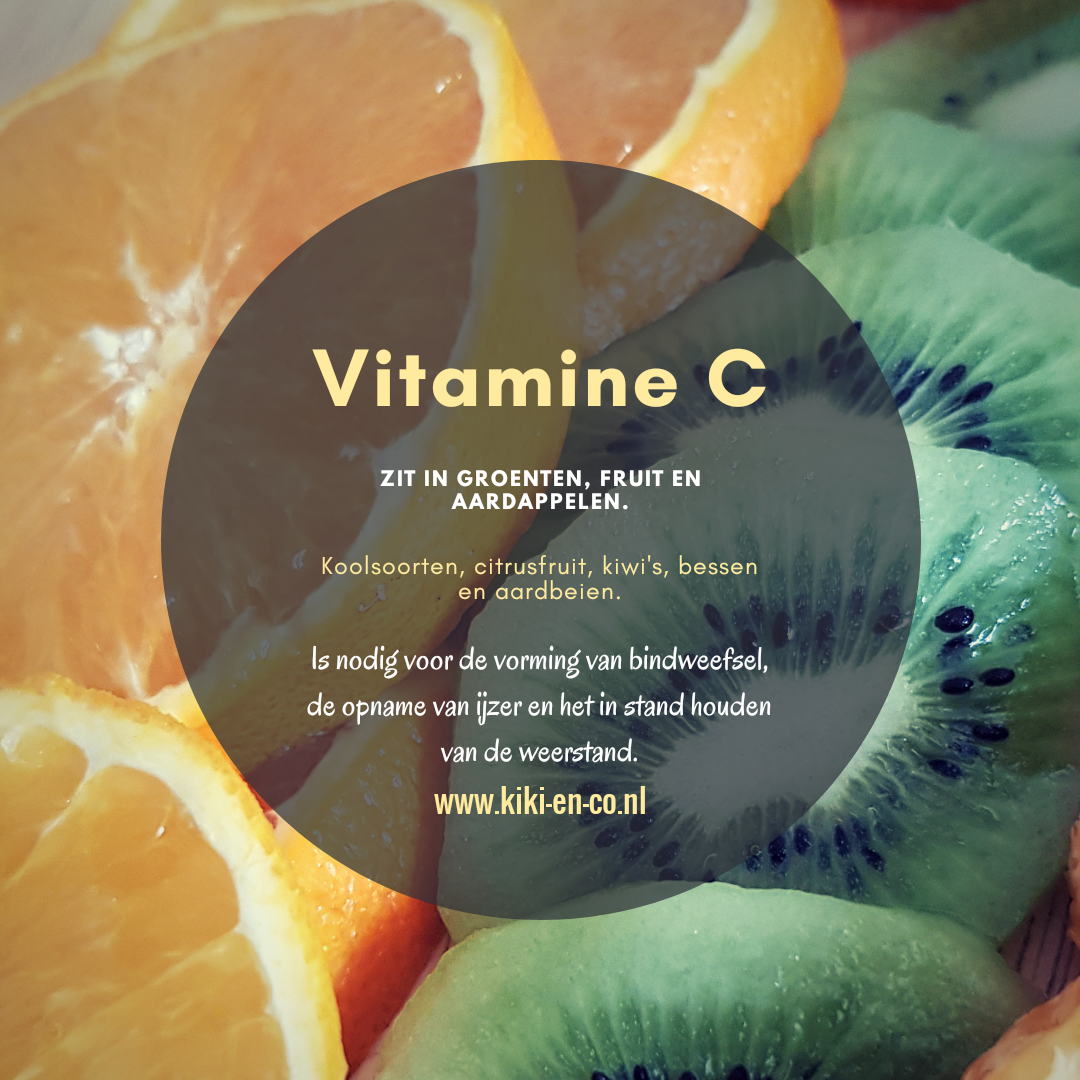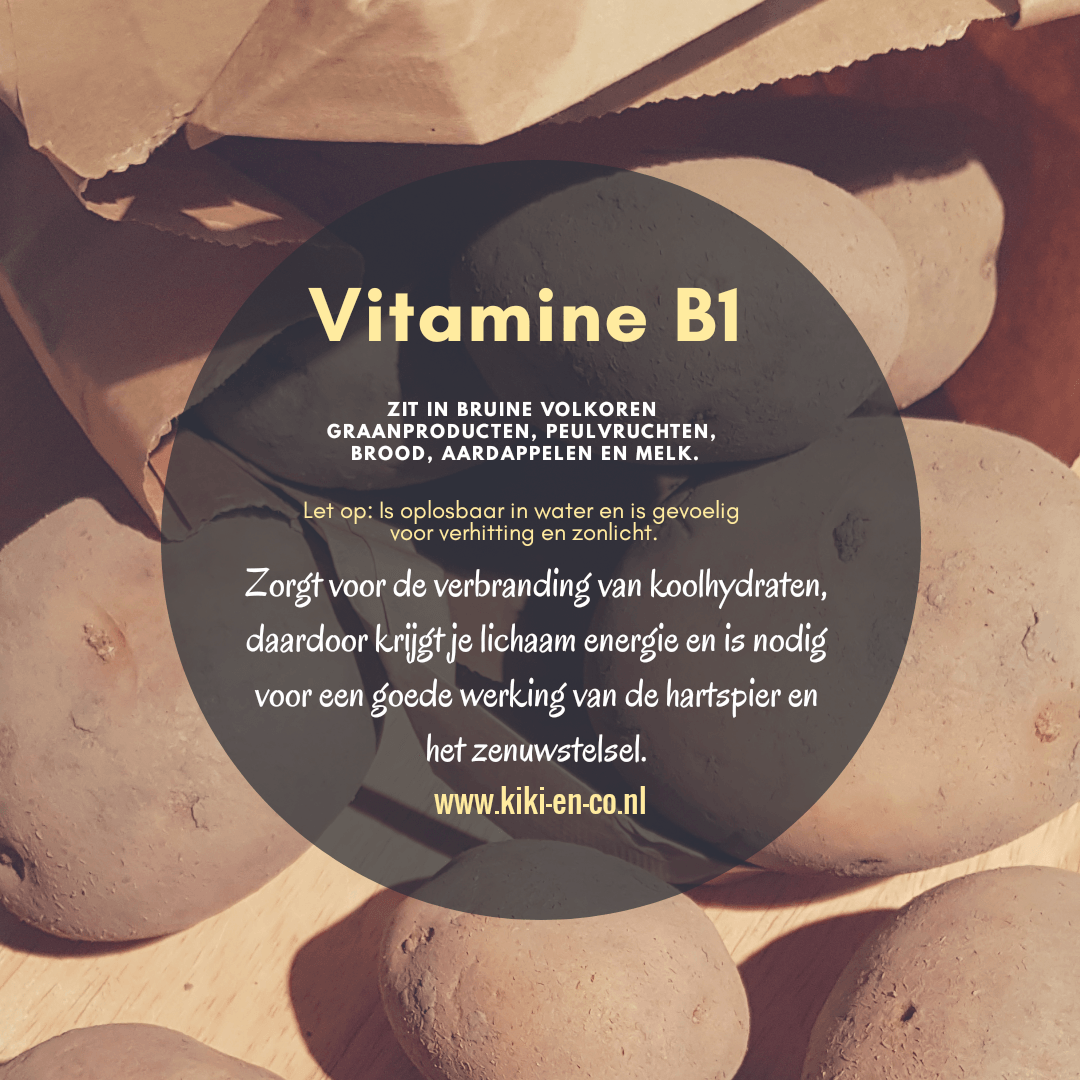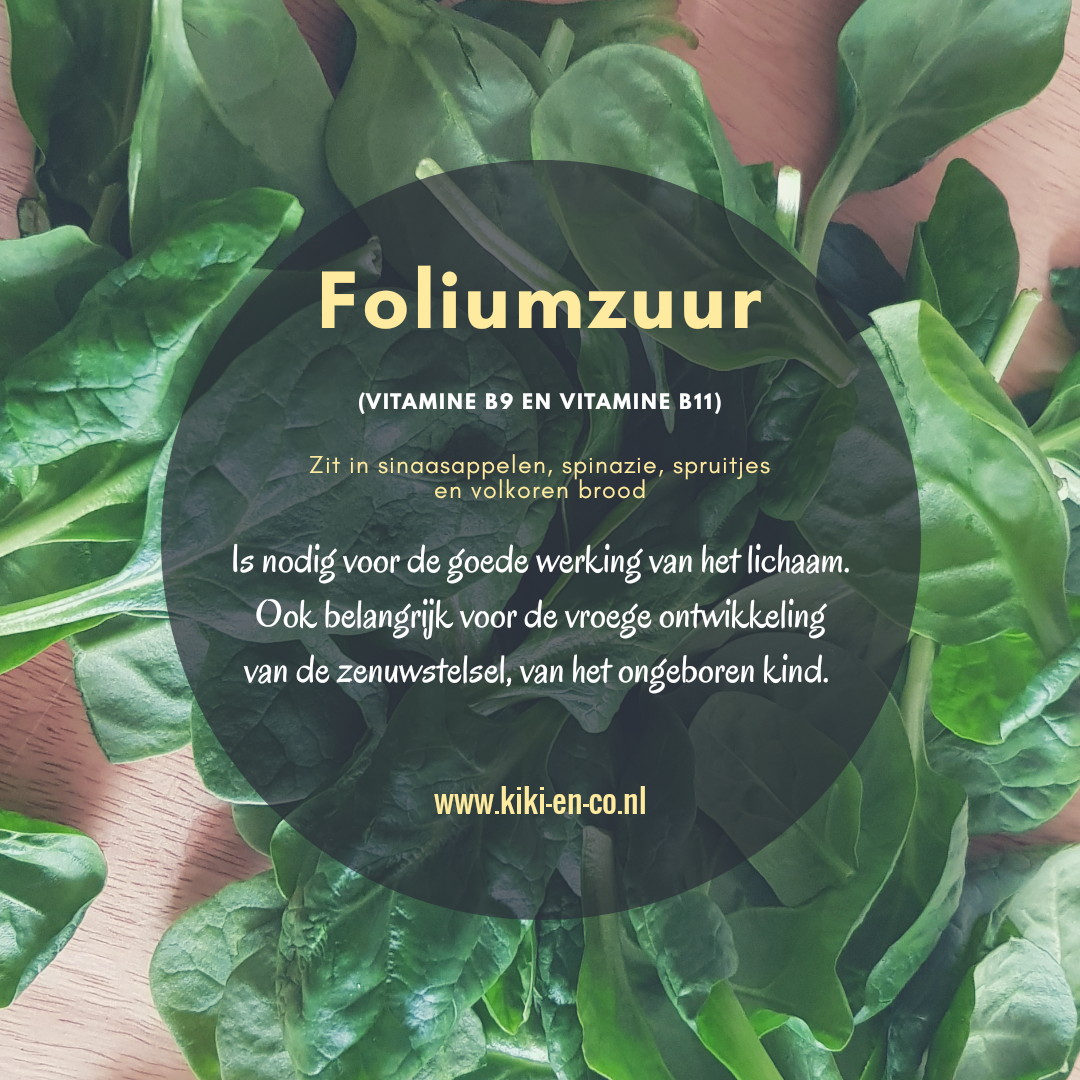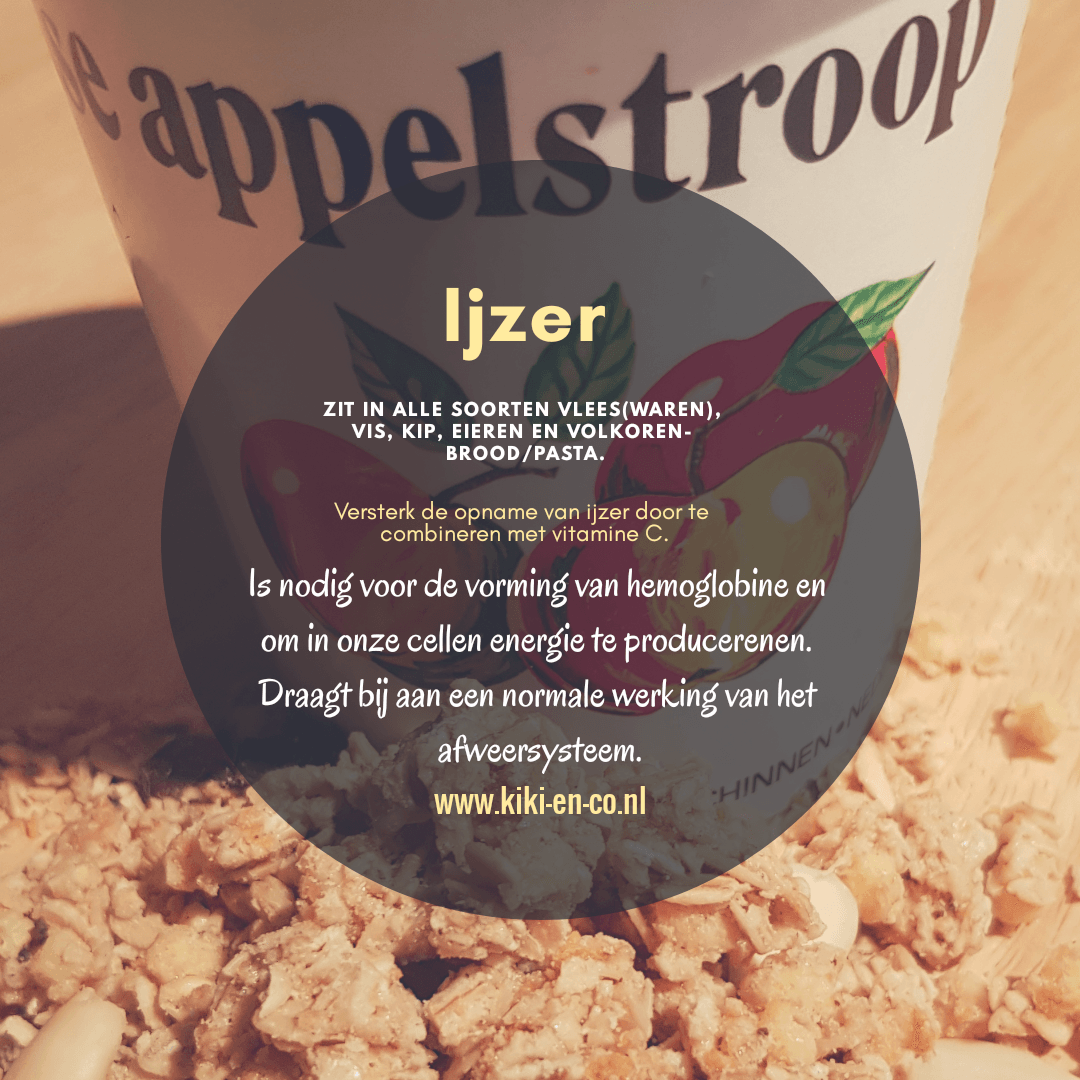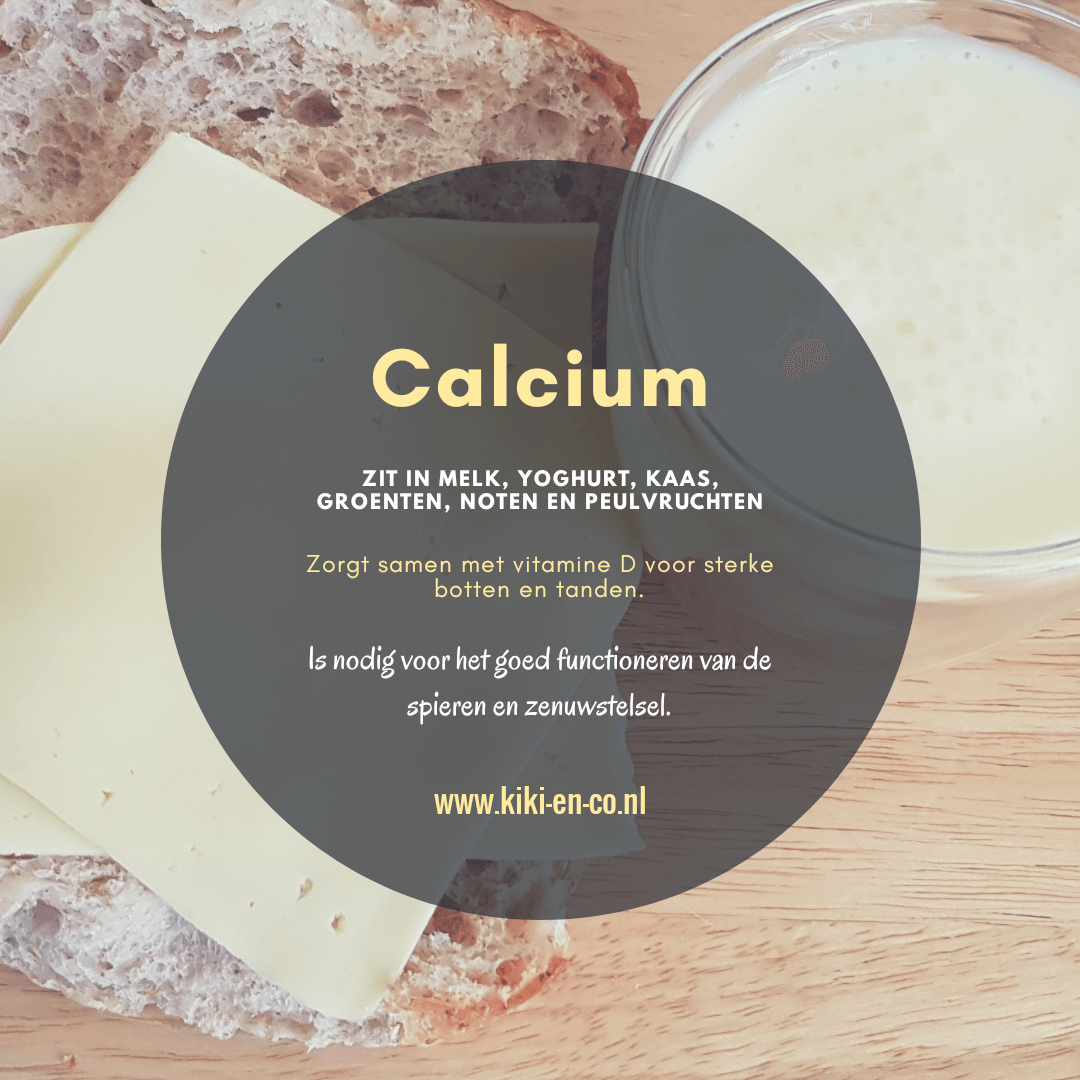Breakfast
Breakfast is really the most important meal of the day! Unfortunately, many people skip breakfast, and I'm not just talking about adults. For life alone, for the functioning of the heart, kidneys and the brain, for example, humans need around 60% of the energy that you take with you daily. In addition, the following applies: the more active someone is, the more energy that person needs. Food is the most important energy source! In addition to energy, it is also important for our memory and concentration. Breakfast is important for our weight and good mood!
See what life costs -> the l.
With 1 hour cycling connections: Boys: 190 kcal with 6 years, 215 kcal with 9 years and 255 kcal with 12 years. Girls: 175 kcal with 6 years, 210 kcal with 9 years and 240 kcal with 12 years.
With 1 hour calculation / reading relationships: Boys: 60 kcal with 6 years, 65 kcal with 9 years and 80 kcal with 12 years. Girls: 55 kcal with 6 years, 65 kcal with 9 years and 75 kcal with 12 years.
Burn with 1 hour of swimming: Boys: 215 kcal with 6 years, 240 kcal with 9 years and 285 kcal with 12 years. Girls: 195 kcal with 6 years, 235 kcal with 9 years and 270 kcal with 12 years.
Connections with football for 1 hour: Boys: 300 kcal with 6 years, 335 kcal with 9 years and 400 kcal with 12 years. Girls: 270 kcal with 6 years, 325 kcal with 9 years and 375 kcal with 12 years.
Burning with 1 hour of play: Boys: 130 kcal with 6 years, 145 kcal with 9 years and 170 kcal with 12 years. Girls: 115 kcal with 6 years, 140 kcal with 9 years and 160 kcal with 12 years.
Burn with 1 hour of food: Boys: 55 kcal with 6 years, 60 kcal with 9 years and 75 kcal with 12 years. Girls: 50 kcal with 6 years, 60 kcal with 9 years and 70 kcal with 12 years.
Burning with watching TV for 1 hour: Boys: 60 kcal with 6 years, 65 kcal with 9 years and 80 kcal with 12 years. Girls: 55 kcal with 6 years, 65 kcal with 9 years and 75 kcal with 12 years.
With 1 hour sleep relationships: Boys: 45 kcal with 6 years, 50 kcal with 9 years and 55 kcal with 12 years. Girls: 40 kcal with 6 years, 45 kcal with 9 years and 55 kcal with 12 years.
A good breakfast consists of:
A bit of grain (preferably whole-wheat contaminated with margarine), fruit, moisture and healthy spreads. It is important that you get good carbohydrates during breakfast, which you can get from, for example, bread and fruit. To get a saturated feeling it is important to get enough protein and a little fat. You can get this from, for example, low-fat yogurt, nuts, low-fat quark, cheese, ham and eggs.
Lunch
The same applies for lunch as for breakfast. You need it and it's super important. Research shows that for working people who skip lunch, productivity drops significantly around 3 p.m., which means that working time is lost. People who eat healthy during the day are 25% more productive than the others. As you could already read at breakfast, a healthy diet influences your intelligence, learning ability, concentration and memory. Lunch provides you with nutrients and energy to get through the afternoon.
Diner
Healthy eating is also important at dinner. It maintains your energy level and helps against stress. You are literally and figuratively more comfortable in your skin and you are less susceptible to diseases. Alternation between meals is also an important part of a healthy diet. Eating a healthy evening also ends the day in a healthy way. There are many dishes and recipes that are healthy. It may seem complicated and difficult to eat healthily, but that is not true, because eating healthily is very easy. Eating unhealthy and fatty is very bad for the body and moreover it does not even have any added value (sugars are unnecessary and saturated fats too!).
Vitamins and minerals are indispensable for good health, normal growth and good development. They also play a role in the recovery and proper functioning of the body. The body cannot make any vitamins itself, with the exception of vitamin D. Most vitamins and minerals are ingested through food and drink.
Vitamins: Vitamin A, vitamin C, vitamin D, vitamin E, vitamin K, vitamin B1, vitamin B2, vitamin B3, vitamin B5, vitamin B6, vitamin B8, vitamin B11 and vitamin B12. Vitamins can be divided into water-soluble vitamins and fat-soluble vitamins. Fat-soluble vitamins are: vitamin A, vitamin D, vitamin E and vitamin K. Water-soluble vitamins are: vitamin C, vitamin B1, vitamin B2, vitamin B3, vitamin B5, vitamin B6, vitamin B8, vitamin B11 and vitamin B12. Minerals: Calcium, chlorine, phosphorus, potassium, sodium, and magnesium. Trace elements: In addition, you also have trace elements, these are minerals of which the body needs very little. Trace elements are: chromium, fluoride, iron, iodine, copper, manganese, molybdenum, selenium and zinc.







